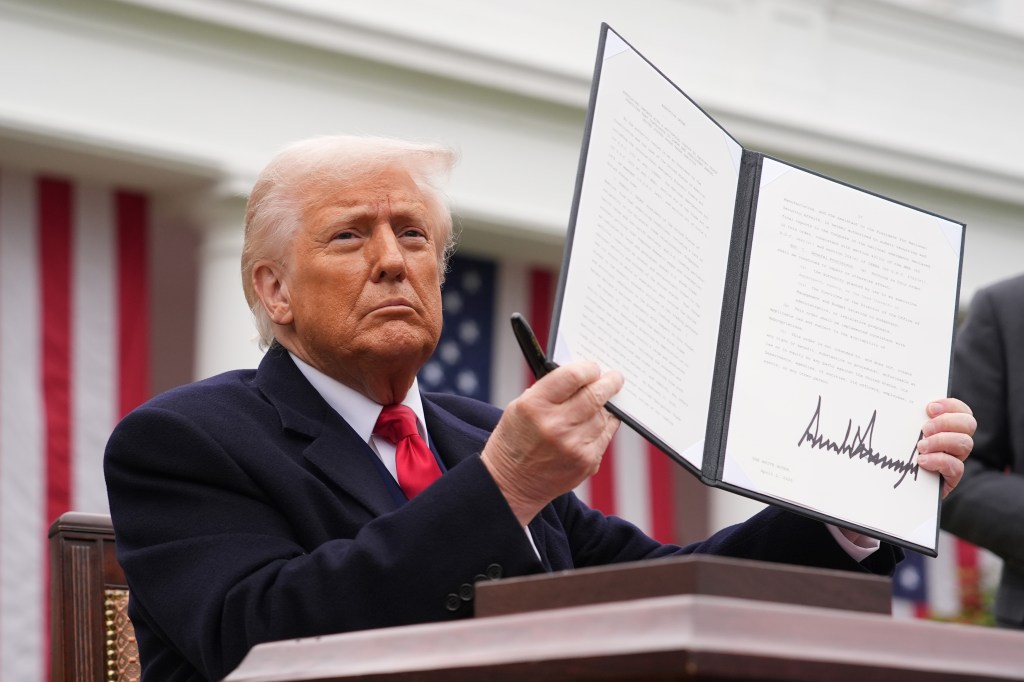In a significant policy shift, the Trump administration has announced exemptions for certain electronic products from the newly imposed tariffs, providing substantial relief to the technology sector. This decision, effective retroactively from April 5, 2025, excludes items such as smartphones, laptops, hard drives, and semiconductors from the 125% tariffs on Chinese imports and the 10% baseline tariffs on goods from other countries.
Background on Tariff Implementation
The administration’s initial tariff strategy aimed to encourage domestic manufacturing by imposing steep duties on imported goods. However, the tech industry, heavily reliant on global supply chains, particularly in Asia, faced potential disruptions and increased costs. Major companies like Apple, Samsung, and Nvidia, which manufacture a significant portion of their products overseas, were poised to be adversely affected by these tariffs.
Details of the Exemption
The U.S. Customs and Border Protection agency specified that the exemptions apply to a range of electronic products, including:
– Smartphones
– Laptops
– Hard drives
– Flat-panel monitors
– Semiconductor devices
– Memory chips
Additionally, machinery used in semiconductor manufacturing is also exempted. This move acknowledges the complexities of shifting production of these devices to the U.S. in the short term and aims to prevent potential price hikes for consumers.
Implications for the Tech Industry
The exemption is expected to have several positive outcomes for the technology sector:
– Financial Relief: Companies like Apple and Samsung can avoid the financial strain that would have resulted from the tariffs, potentially stabilizing their market positions.
– Stock Market Impact: Analysts anticipate a positive reaction in tech stocks, as the exemption removes a significant source of uncertainty for investors.
– Supply Chain Stability: By maintaining the current supply chain structures, companies can continue their operations without immediate disruptions.
Consumer Impact
For consumers, this decision means that prices for popular electronic devices are less likely to increase due to tariff-related costs. Products such as smartphones and laptops, integral to daily life, will remain accessible without additional financial burden.
Political and Economic Context
This policy adjustment reflects the administration’s recognition of the challenges associated with relocating complex manufacturing processes to the U.S. It also indicates a willingness to adapt trade policies in response to industry feedback and economic realities. While the administration maintains its long-term goal of reducing reliance on Chinese manufacturing, this exemption serves as a pragmatic step to balance trade objectives with economic stability.
Industry Reactions
Tech industry leaders have expressed cautious optimism regarding the exemption. While it provides immediate relief, there remains a need for clear and consistent trade policies to facilitate long-term planning and investment. Companies continue to monitor the administration’s trade strategies to assess potential future impacts on their operations.
Conclusion
The Trump administration’s decision to exempt key electronic products from new tariffs represents a significant development in U.S. trade policy. By alleviating immediate pressures on the tech industry and consumers, this move underscores the complexities of global supply chains and the importance of adaptable policy-making in a rapidly evolving economic landscape.



